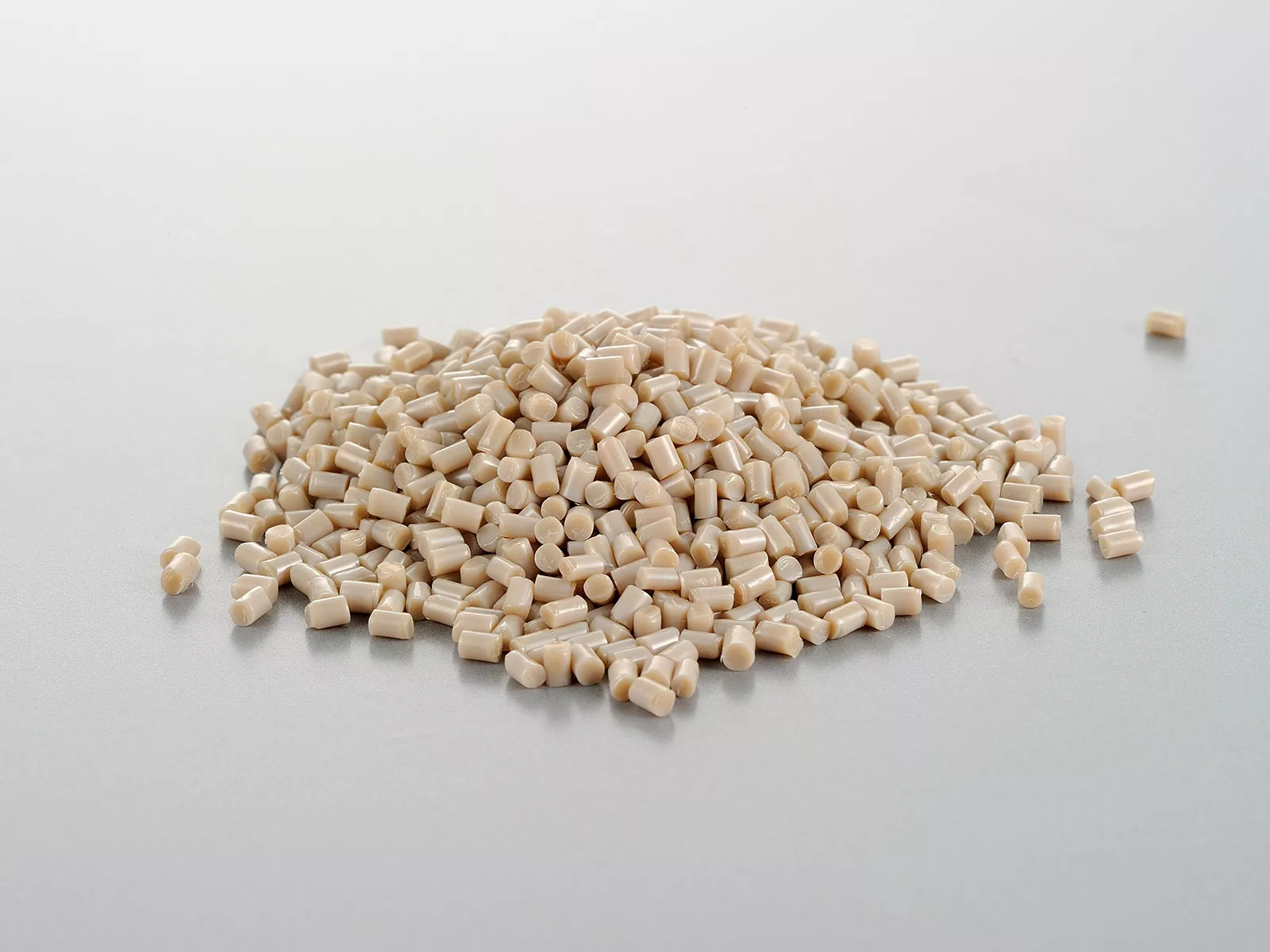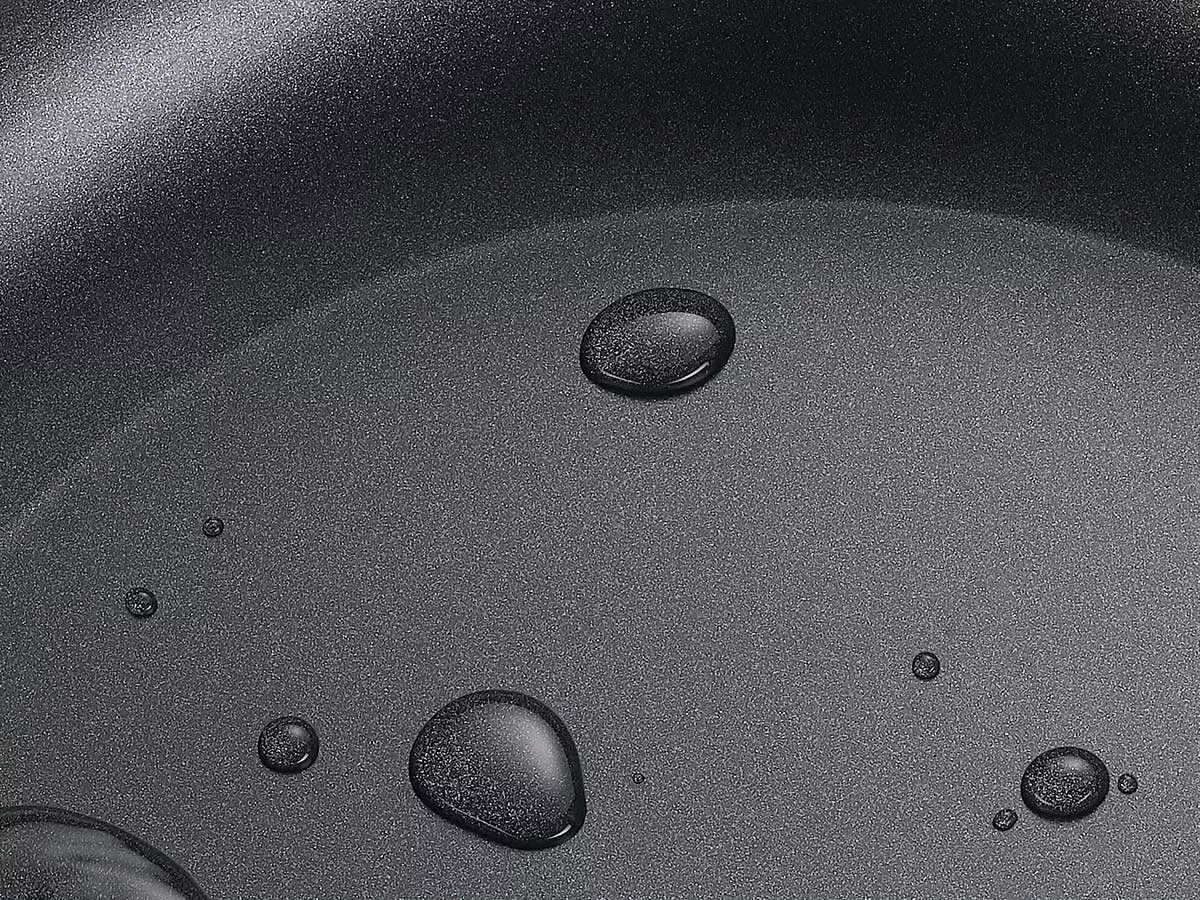Understanding Silicone Resin Coating

What is Silicone Resin Coating?
Silicone resin coating is a special type of protective layer made from silicone materials. These coatings are known for their flexibility and durability. They are often used to shield surfaces from damage caused by weather, chemicals, and other harsh conditions. Silicone resin coatings can be applied to various materials, making them versatile for many uses.
Key Properties of Silicone Resin Coating
Silicone resin coatings have several important features:
- Water Resistance: They repel water, preventing moisture damage.
- Temperature Tolerance: They can withstand high temperatures without breaking down.
- Chemical Resistance: They resist damage from many chemicals, making them ideal for industrial applications.
| Property | Description |
|---|---|
| Water Resistance | Excellent at repelling moisture |
| Temperature Tolerance | Can endure high heat (up to 200°C) |
| Chemical Resistance | Resists many harmful substances |
Common Applications of Silicone Resin Coating
Silicone resin coatings are used in various fields, including:
- Electronics: Protecting circuit boards from moisture and dust.
- Automotive: Coating parts to resist heat and chemicals.
- Medical Devices: Ensuring safety and durability in healthcare products.
Silicone resin coatings are essential for protecting surfaces in many industries, ensuring longevity and reliability.
By understanding these aspects, we can appreciate why silicone resin coatings are becoming increasingly popular in many applications.
Benefits of Silicone Resin Coating
Silicone resin coatings offer numerous advantages that make them a popular choice in various applications. Here are some key benefits:
Enhanced Durability
- Long-lasting protection: Silicone resin coatings are known for their ability to withstand harsh conditions, including extreme temperatures and moisture.
- Resistance to UV rays: These coatings can resist damage from sunlight, which helps maintain the integrity of the surface underneath.
- Flexibility: The coatings can expand and contract without cracking, making them ideal for surfaces that experience temperature fluctuations.
Cost-Effectiveness
- Lower maintenance costs: With their durability, silicone coatings require less frequent repairs or replacements.
- Reduced energy expenses: They can help lower energy bills by reflecting heat, which keeps buildings cooler in the summer.
- Affordable application: Applying a silicone coating is often cheaper than replacing the entire surface or structure.
Energy Efficiency
- Reflective properties: Silicone coatings can reflect sunlight, reducing the need for air conditioning.
- Sustainability: By improving energy efficiency, these coatings contribute to a greener environment.
- Long-term savings: The initial investment in silicone coatings can lead to significant savings over time due to lower energy costs.
Silicone resins have gained prominence in a wide variety of industries due to their unique properties, including thermal stability, weather resistance, and more.
In summary, silicone resin coatings provide enhanced durability, cost-effectiveness, and energy efficiency, making them a smart choice for many applications.
Applications in Various Industries
Silicone Resin Coating in Electronics
Silicone resin coatings are widely used in the electronics industry due to their excellent insulating properties. They protect sensitive components from moisture, dust, and extreme temperatures. Here are some common applications:
- Cables: Silicone coatings help prevent damage from heat and moisture.
- Electrical Motors: They provide insulation and protection against environmental factors.
- Seals: Silicone coatings ensure a tight seal, preventing leaks.
Medical Applications of Silicone Resin Coating
In the medical field, silicone resin coatings are crucial for ensuring safety and durability. They are used in:
- Medical Devices: Coatings protect devices from contamination.
- Surgical Instruments: They provide a non-stick surface, making cleaning easier.
- Implants: Silicone coatings help reduce the risk of infection.
Use in the Marine Industry
Silicone resin coatings are also popular in the marine industry. They offer:
- Weather Resistance: Protects boats from harsh weather conditions.
- Heat Resistance: Can withstand extreme temperatures, typically above 600°C, without degradation, making them ideal for protecting automotive, aerospace, and marine applications.
- Durability: Ensures long-lasting protection against saltwater and UV rays.
Silicone resin coatings are essential for various industries, providing protection and enhancing the lifespan of products. They are a reliable choice for ensuring safety and performance in challenging environments.
Comparing Silicone Resin Coatings to Other Coatings

Silicone vs. Acrylic Coatings
Silicone and acrylic coatings serve different purposes and have unique properties. Here’s a quick comparison:
| Property | Silicone Coatings | Acrylic Coatings |
|---|---|---|
| Temperature Range | Wide range, up to 200°C | Moderate, less than 100°C |
| Chemical Resistance | Good, especially against moisture | Fair, not effective against solvents |
| Flexibility | Very flexible, good for vibrations | Less flexible, more rigid |
| Abrasion Resistance | Low, can wear easily | Moderate, better than silicone |
Silicone vs. Urethane Coatings
Urethane coatings are known for their toughness, but silicone coatings have their own advantages:
- Durability: Silicone coatings are less durable than urethane but offer better flexibility.
- Application: Silicone is easier to apply in high humidity environments.
- Removal: Urethane coatings are easier to remove compared to silicone, which requires special solvents.
Silicone vs. Epoxy Coatings
Epoxy coatings are often used for their strong adhesion and durability, but silicone coatings excel in other areas:
- Temperature Resistance: Silicone can withstand higher temperatures than epoxy.
- Moisture Resistance: Silicone offers better moisture resistance, making it ideal for outdoor applications.
- Flexibility: Silicone coatings are more flexible, which helps in applications where movement is expected.
Silicone coatings are often preferred in environments where flexibility and moisture resistance are crucial. They may not be the toughest option, but their unique properties make them suitable for many applications.
Challenges and Considerations

Limitations of Silicone Resin Coatings
Silicone resin coatings have some limitations that users should be aware of:
- Temperature Sensitivity: They can lose effectiveness in extreme temperatures.
- Surface Preparation: Proper surface prep is crucial for adhesion.
- Curing Time: Unlike some other types of adhesives, silicone adhesives need to cure or fully dry, which can make working with these products a bit more challenging.
Maintenance and Inspection
Regular maintenance and inspection are essential to ensure the longevity of silicone resin coatings. Here are some key points to consider:
- Visual Checks: Regularly inspect for any signs of wear or damage.
- Cleaning: Keep surfaces clean to maintain coating integrity.
- Reapplication: Be prepared to reapply the coating as needed to ensure continued protection.
Environmental Impact
The environmental impact of silicone resin coatings is an important consideration. Some factors include:
- Flammability: Many coatings are flammable, requiring careful handling.
- Toxic Fumes: Some coatings emit fumes that can be harmful, necessitating proper ventilation and PPE.
- Regulatory Compliance: Adhering to regulations from bodies like OSHA and EPA is crucial for safety and environmental protection.
Understanding these challenges can help users make informed decisions about silicone resin coatings and their applications.
Future Trends in Silicone Resin Coating

Innovations in Silicone Resin Technology
The silicone resin industry is evolving rapidly. New technologies are being developed to enhance the performance of silicone coatings. These innovations include:
- Tailored structures for specific applications.
- Functional silsesquioxanes for high-performance coatings.
- Radiation-curable silicone fluids for various applications.
Emerging Applications
Silicone resin coatings are finding new uses in various fields. Some of the exciting applications include:
- Biomedical devices: Coatings that provide bio-compatibility and chemical durability.
- Marine industry: Antifouling coatings that are less toxic and more effective.
- Wearable technology: Flexible coatings that can withstand harsh conditions.
Market Growth and Opportunities
The global silicone resins market is projected to grow significantly. According to forecasts, the silicone resins market is expected to reach $1.5 billion by 2031, up from $0.93 billion in 2022. This growth presents numerous opportunities for manufacturers and innovators in the field.
The future of silicone resin coatings looks promising, with advancements paving the way for more efficient and sustainable solutions.
Final Thoughts on Silicone Resin Coating
In conclusion, silicone resin coatings are a fantastic solution for protecting surfaces and extending their lifespan. They offer a strong barrier against water, chemicals, and harsh weather, making them ideal for various applications, from roofs to electronics. Not only do they save money by preventing the need for costly repairs, but they also help reduce energy bills by reflecting sunlight. With their ability to adapt to different environments and their long-lasting nature, silicone coatings are truly a smart choice for anyone looking to enhance the durability of their surfaces.





